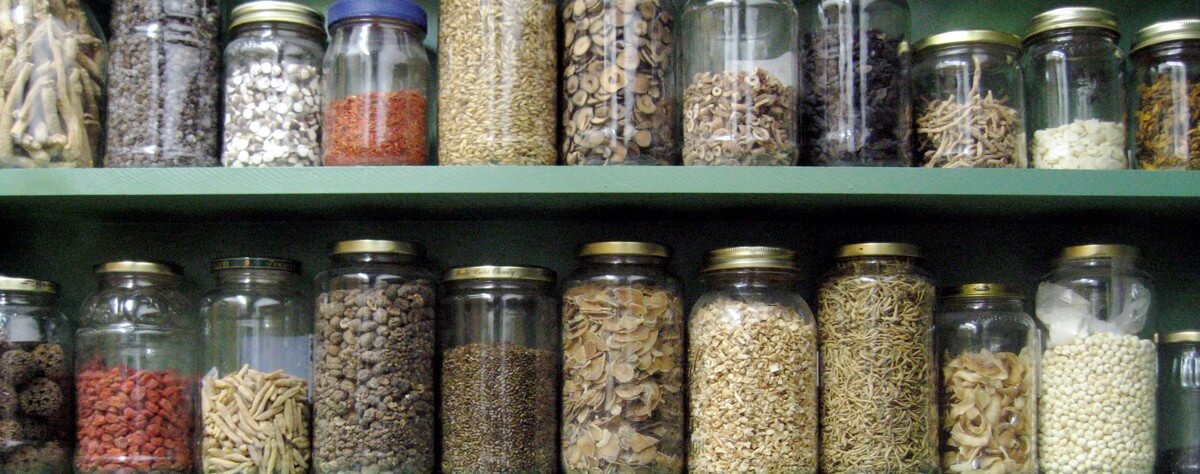
An Herbalist must learn many skills, including the wildcrafting or cultivation of herbs, diagnosis and treatment of conditions or dispensing herbal medication, and preparations of herbal medications. Education of an herbalist varies considerably in different areas of the world. A lay herbalist and traditional indigenous medicine people generally rely upon apprenticeship and recognition from their communities in lieu of formal schooling.
Herbalism (“Herbology” or “Herbal Medicine”) is use of plants for medicinal purposes, and the study of such use. Plants have been the basis for medical treatments through much of human history, and such traditional medicine is still widely practiced today. Modern medicine recognizes herbalism as a form of alternative medicine, as the practice of herbalism is not strictly based on evidence gathered using the scientific method. Modern medicine, does, however, make use of many plant-derived compounds as the basis for evidence-tested pharmaceutical drugs, and phytotherapy works to apply modern standards of effectiveness testing to herbs and medicines that are derived from natural sources. The scope of herbal medicine is sometimes extended to include fungal and bee products, as well as minerals, and shells.
